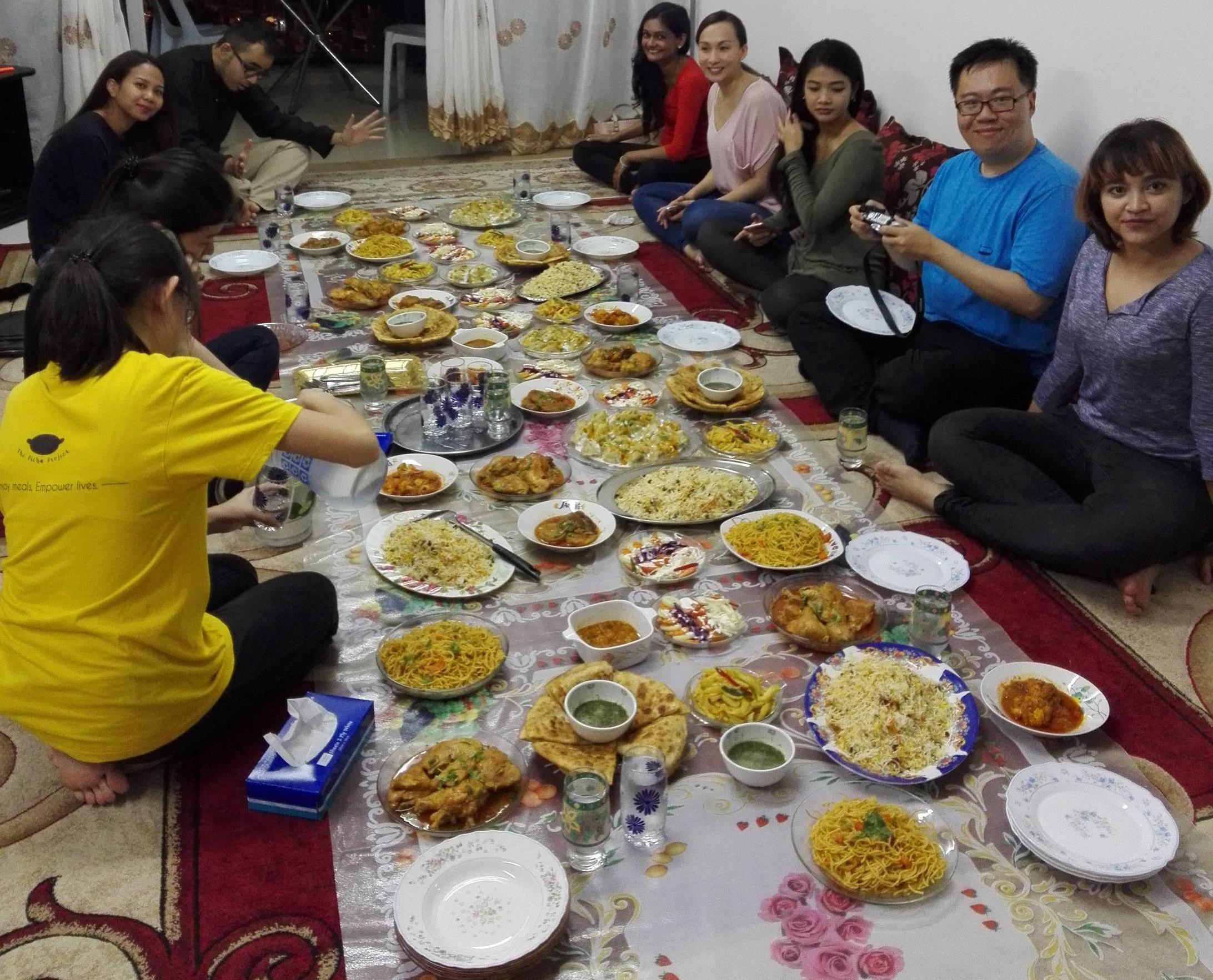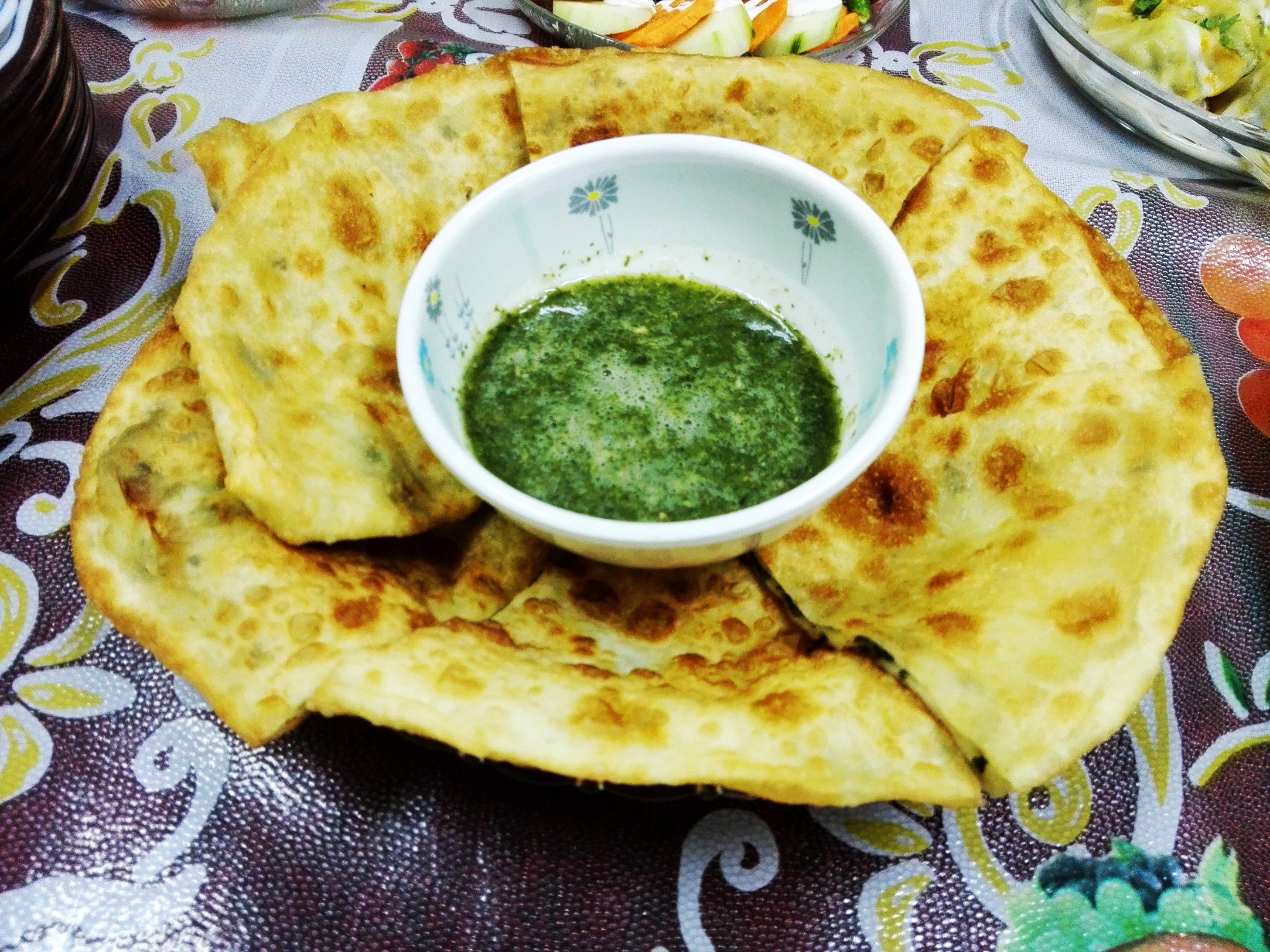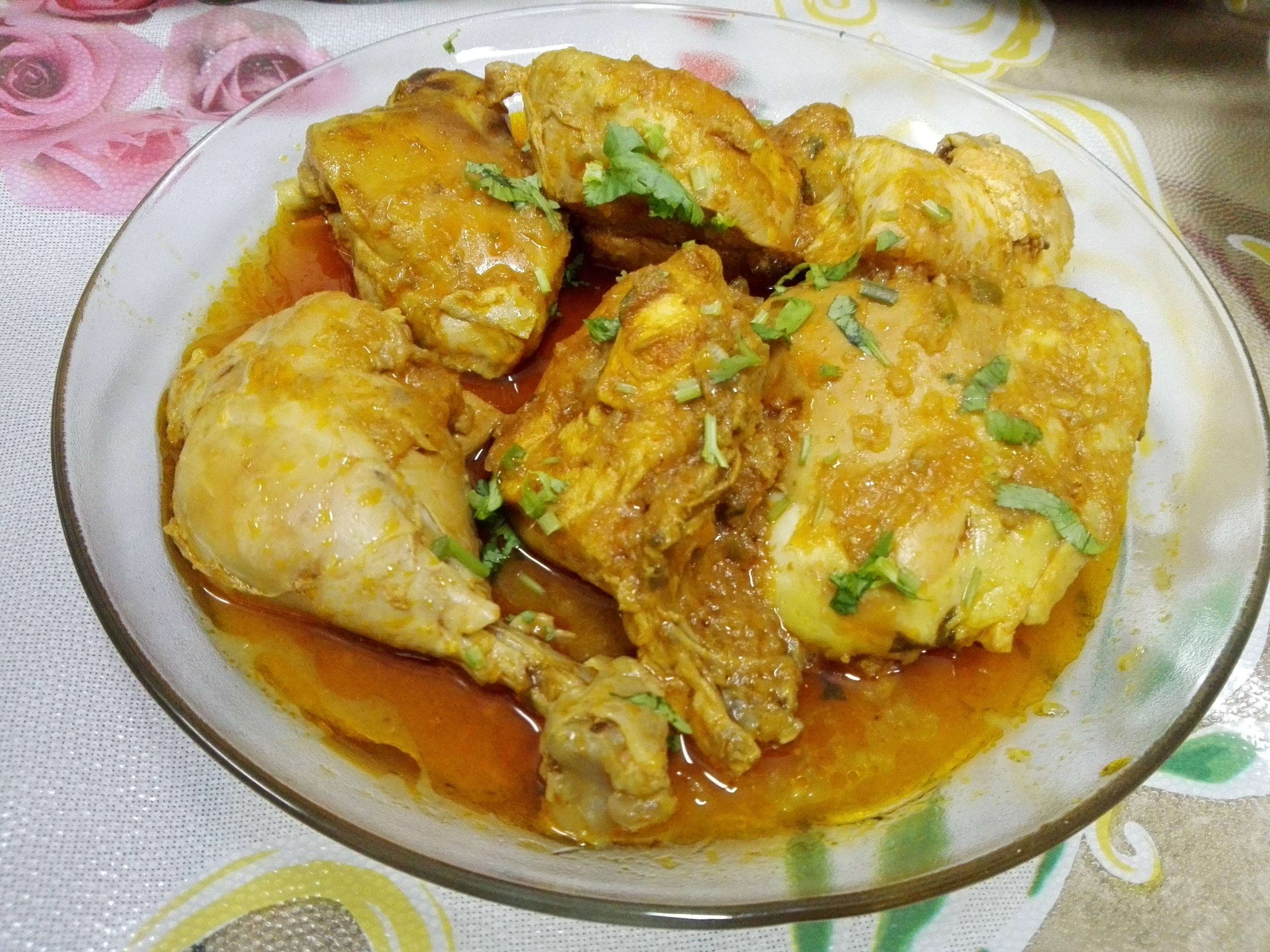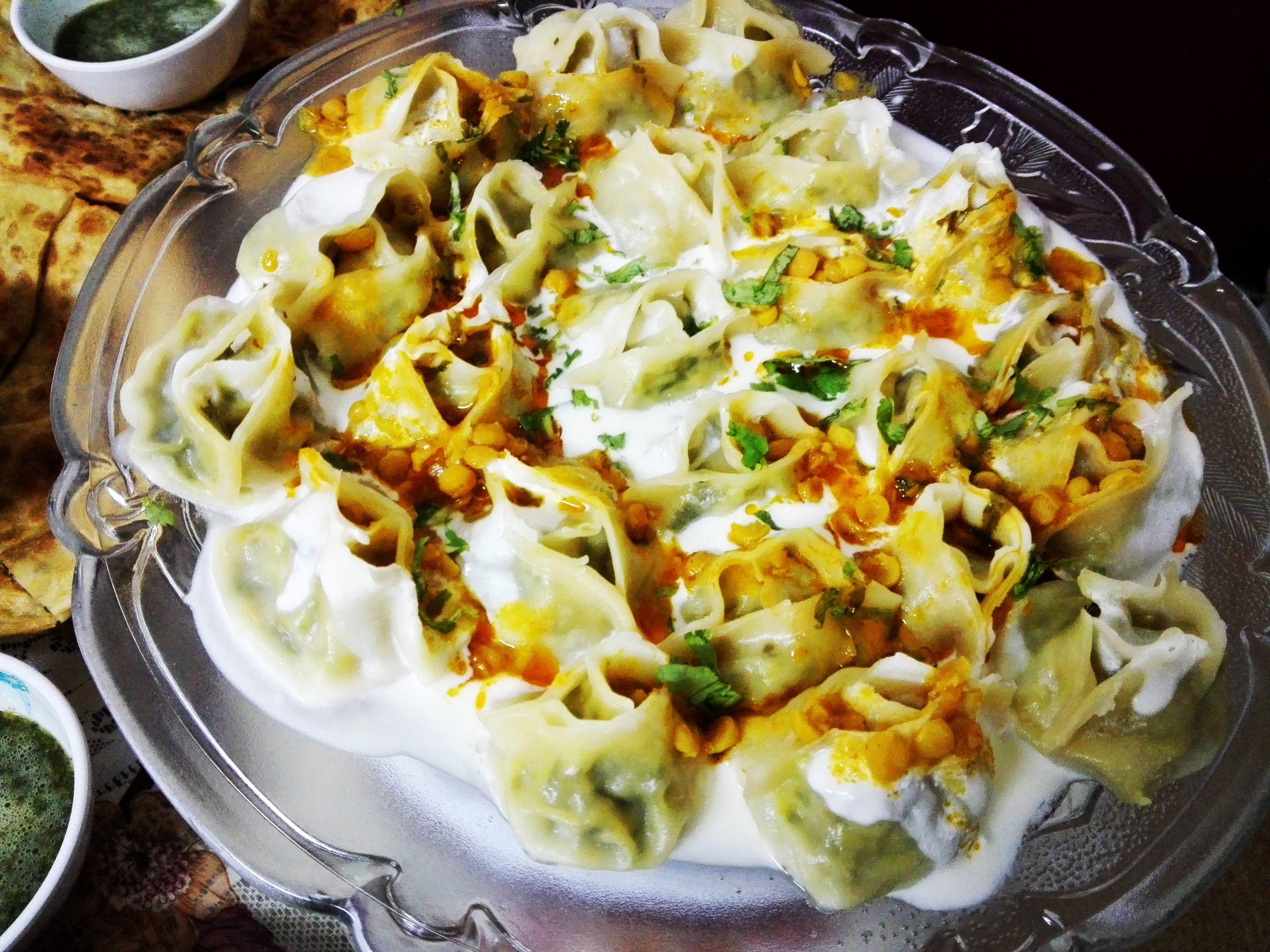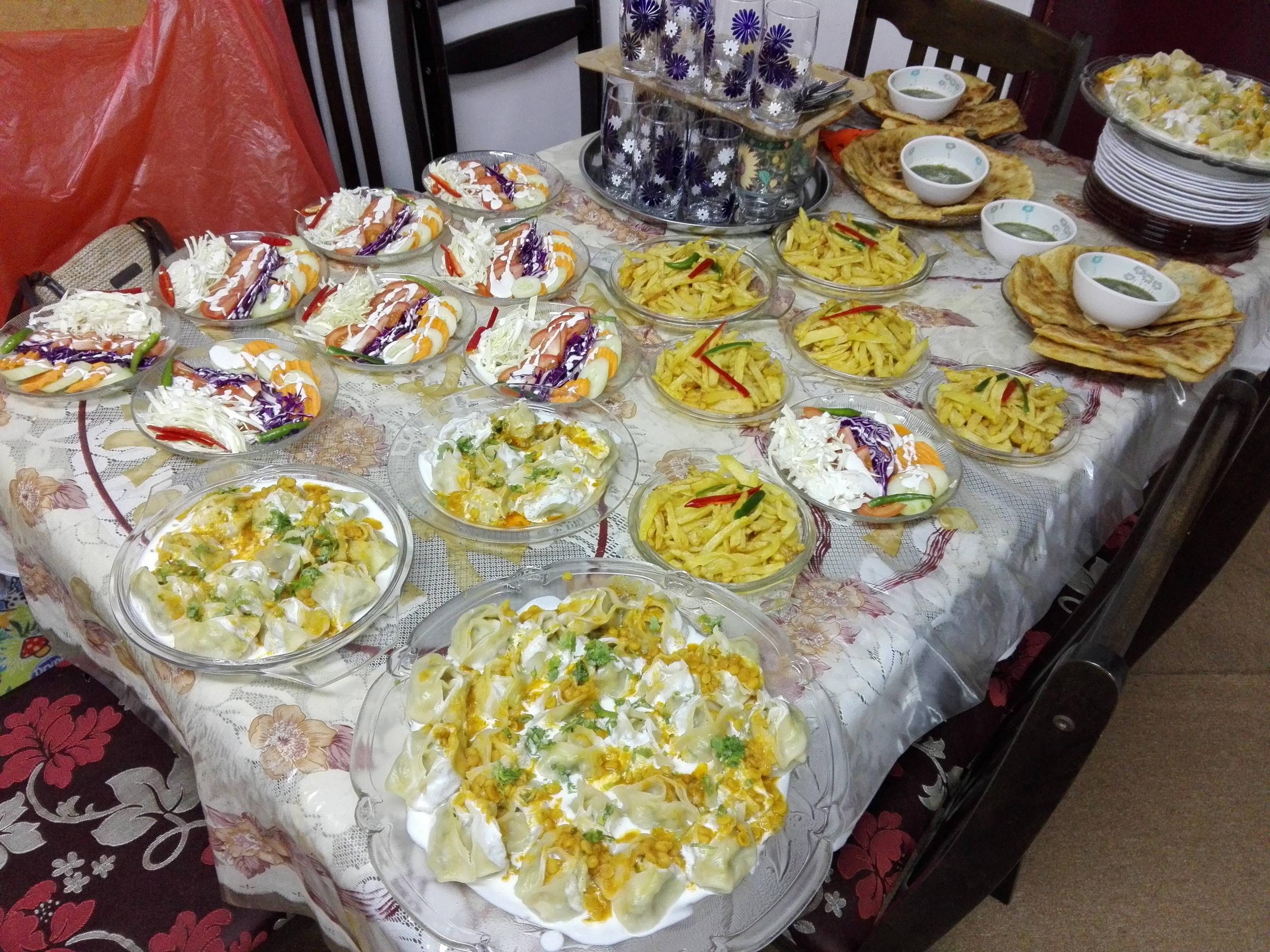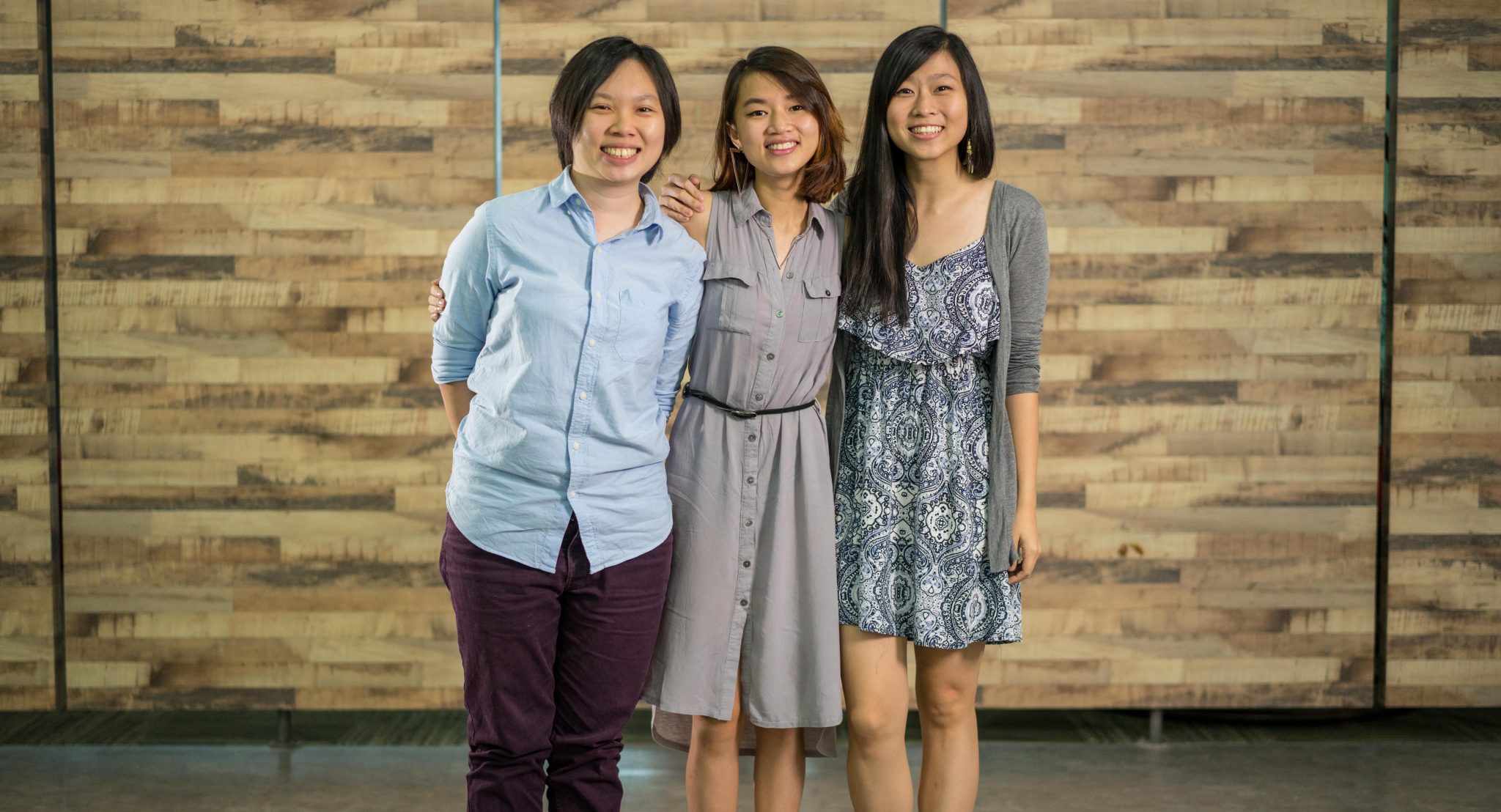How Authentic Home-Cooked Food Is Helping This Refugee Family Start Over In Malaysia
Mina and her family have been living in Malaysia for the past four years.
"We were standing in the middle of KLCC - my two babies were crying out of hunger and our pockets were empty."
Ironically, it was in the midst of the splendour and luxury that is KLCC - smack in the middle of Kuala Lumpur’s golden triangle - that *Mina's life as an Afghan refugee in Malaysia began.
Before I go into how Mina and her family have been surviving in Malaysia, let me tell you a bit about my first meeting with the iron lady and her family.
A few weeks ago, Picha Project extended an invitation to SAYS to attend a dinner session at Mina's house. The experience was both inspiring and heartbreaking.
As I walked into Mina's apartment that has been her home for the past few years, I was greeted by Suzanne Ling, one of the co-founders of Picha Project and the exotic, fragrant scents of Mina's cooking.
*Name has been changed to protect the privacy of the individual.
These open house sessions are part of Picha Project's efforts to give people the first-hand experience of listening to the plight of refugees in Malaysia in an informal environment.
As they say it, "Enjoy a feast, listen to their stories and do good - all at once."
Picha Project is a social enterprise that helps and empowers marginalised communities in Malaysia through food delivery and catering business.
Specifically, the vibrant, energetic group of three people that co-founded the organisation - Kim Lim, Swee Lin, and Suzanne - work with a group of refugee families that are living in Malaysia.
See, the thing about being a refugee in Malaysia is that they are not allowed to work here legally. That puts a major dent on their livelihood and leaves most of them in terrible conditions, with no money and food.
This is where Picha Project comes in. Working hand in hand with these refugee families, they act as agents for these families to help them use their skills and earn a living here through the food delivery business.
Back to the dinner at Mina's. Turns out, she spent the whole day cooking and preparing the authentic Afghani feast for us with her elderly mother.
From qhabeli - fragrant basmati rice flavoured with raisins and middle eastern spices with creamy chicken curry to bolani, the traditional Afghan flatbread filled with mashed potatoes served with a thick mint sauce, the spread looked amazing!
There were also plates of salad, noodles, aubergine cooked in aromatic spices, and the star of the show, Mina's special mantu, delicious little dumplings filled with chicken and chives, and drizzled with a velvety mixture of yogurt and dhal.
Hungry and eager to listen to Mina's story, we sat down for the family meal and I have to say, Mina is one amazing chef! The food was delicious and the company was warm and friendly.
After dinner, Mina opened up and told us about her journey in life, how she came to Malaysia with her husband, her two young children, and elderly parents and how things have been for them as a family of refugees in the country.
Plates of salad, fries, bolani, and mantu prepared by Mina and her mother for the open house session.
Image via SAYS/Nandini Balakrishnan"I have always been a refugee. I was constantly running from one country to another - Afghanistan to Pakistan and Iraq, just so that my family and I could survive."
Mina and her husband are professionals. Before they came to Malaysia, Mina was working as a nurse and her husband was a talented tailor who used to make clothes for brides and groom.
"Everything was okay. We had a shop and we were surviving just fine," said Mina.
Then the situation in Afghanistan got from bad to worse. The war in Afghanistan has been raging for years now. It blew up in 2001 after the US invasion happened with the aim of destroying al-Qaeda forces and removing the Taliban from power. The war has killed almost 20,000 civilians and displaced thousands more.
However, even in the midst of that dangerous situation, Mina wanted to help her people. Having been to other countries, Mina realised that most people in Afghanistan were still living in primitive conditions.
Knowing that education has the power to transform lives and create development, Mina built a school in Afghanistan. Sadly, her kindness and vision was not well received. The Taliban shut down the school after about six months from when it was started.
"Every child needs education. But these are bad people (the Taliban). They have killed hundreds of people, especially the educated ones - doctors, engineers, and professionals working with the government."
Not long after, Mina and her family realised that it was really time for them to leave Afghanistan but doing so is a costly business.
"There are a lot of agents who help people to flee Afghanistan. It cost us - a family of six - USD25,000 (approximately RM107,208) to leave the country. When we reached Malaysia, we were asked to pay another RM4,000. If we don't pay, they said they will deport us back. I remember asking the officer then, 'If we give you this money, then what should we eat?'," explained Mina.
Left with little choice and nowhere else to go, they made the payment.
"We had no more money or food left. The agents are all making good money but the situation and reality is very different for us. Empty promises," added Mina.
There she was - in a foreign city, with her whole family in tow and no money. Right when everything felt bleak and like her world was falling apart, Mina met another Afghan refugee in KL who helped her.
"It felt like Allah wanted to help us. I was so thankful."
The other Afghan family took Mina's family in, into their small, three-bedroom low-cost flat in Ampang.
"There were five other families living in that house. There was no space for us except at the balcony. So, I stayed there for about six months, with my parents, husband, and children. The balcony became my home," explained Mina, reminiscing her first few months in Malaysia.
The situation then got better thanks to the kindness of an Australian family that was living in the same apartment building. They were leaving Malaysia and decided to pass the unit they were living in to Mina's family if the owner of the house approved of it.
"The owner was so nice. He told us we can live here and we just have to manage the rent, RM1,000 monthly. It was too high for us but we needed that house. So, my husband and I started looking for jobs everywhere but everyone rejected us since we are refugees who've yet to receive proper documentation," said Mina.
Eventually, the United Nations High Commission for Refugees found a job for Mina here. The salary was RM400.
"The salary was very low but it was okay, at least there's a lit bit of income. We have gone through so much as a family, but we have been strong throughout it all."
"I just have a request from normal families - you live in your own country, you are in a good situation, unlike us. If you can help people in need, please help them. It would make a world of a difference," said Mina.
In the midst of their financial difficulties, Mina's family was suddenly given the heartbreaking news that her father is suffering from heart failure. The operation to treat it would cost about RM60,000 at the National Heart Institute (IJN).
"And here I am, still trying to figure out how to pay my rental. It has been a few months since I paid it. We are just waiting for more orders to come so that we can earn some more money. Hopefully," said Mina sadly.
While Mina and her husband are desperately trying to ensure that their family survives the financial woes, her two children have been robbed off their childhood and education, forced to face the brutal realities of life as a refugee at such a young age
They both have limited access to education and only get to attend a community-run school for refugee students where they are taught English, Bahasa Malaysia, and the basics of Mathematics.
Many have raised the issue of refugees in Malaysia - some against them coming into the country and others with sympathy and a willingness to help. The thing is, until the policy makers set laws that will fix the situation, there's little we can do but to lend a helping hand in whatever way we can.
So, it isn't about comparing refugees with poverty-stricken Malaysians or blaming it all on the refugees and saying that they are stealing our resources.
Instead, understand that no one wants to watch their loved ones die, have their homes destroyed, and left with no choice but to flee their countries, only to end up suffering from poverty in another country.
Mina's hardships and story is just one of the many that is going on in Malaysia. But, thanks to an organisation like the Picha Project, you too can help out.
Remember, "as they are putting food on your table, you are putting food on theirs".
The three visionary women behind the Picha Project, Kim Lim, Swee Lin, and Suzanne Ling. (from left to right)
Image via Picha ProjectThere are currently 10 families that are under the Picha Project - from countries such as Myanmar, Afghanistan, Iraq, and Syria.
How does Picha Project work?
As mentioned above, the organisation functions as an agent that oversees the families, ensures the quality and marketing of the food, and providing profits for the refugee families that are under their service.
50% of the revenue that is collected monthly from the business goes to the families, while the remaining 50% is distributed among three things, namely:
1. Salaries - 18%
2. Operations - 16%
3. Profit - 16%
Why the name Picha?
Picha Project is named after a 3-year-old boy named Pita (pronounced as Pi-Cha) who is from the first family that joined their social enterprise. Suzanne from Picha described the boy as a sweet, intelligent, and helpful child that is always ready to help, no matter the situation.
"Naming our social enterprise after Pita is a constant reminder for us to continuously strive and work towards creating a better Malaysia, where marginalised groups will be included in the society and economy of the country. The Picha Project will always strive for the future of Pita, and for more families like Pita’s," read the explanation on their site.
How can you help Picha Project materialise its goals and help these marginalised communities?
To put it simply, just order food from them! The menu consists of authentic home-cooked meals that are made in Muslim-friendly kitchens with care and love. They source for their ingredients from halal-certified suppliers.
Pick a cuisine or dish that you like and place your order on their website. Note that there is a minimum order of 10 pax per order from one selected kitchen.
Picha Project's delivery service is available everywhere in Klang Valley. If you want to contribute on a grander scale, you can also request for their catering services with a minimum order of RM1,000.
For more details, check our Picha Project's official site here.
Refugees are a misunderstood group of people. Read this to better understand why they are forced to leave their home countries in search of a safer and better future:
